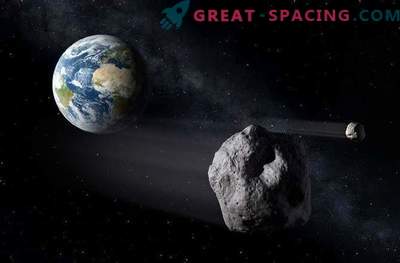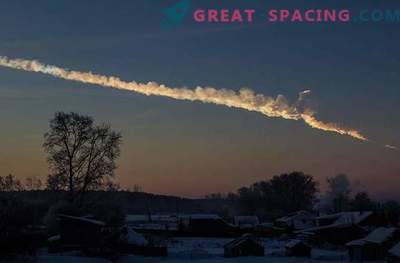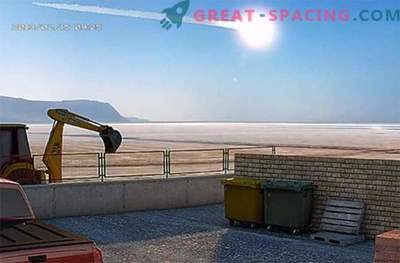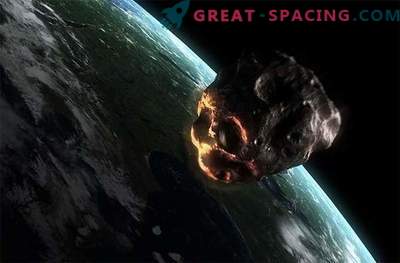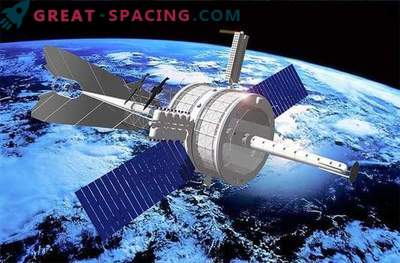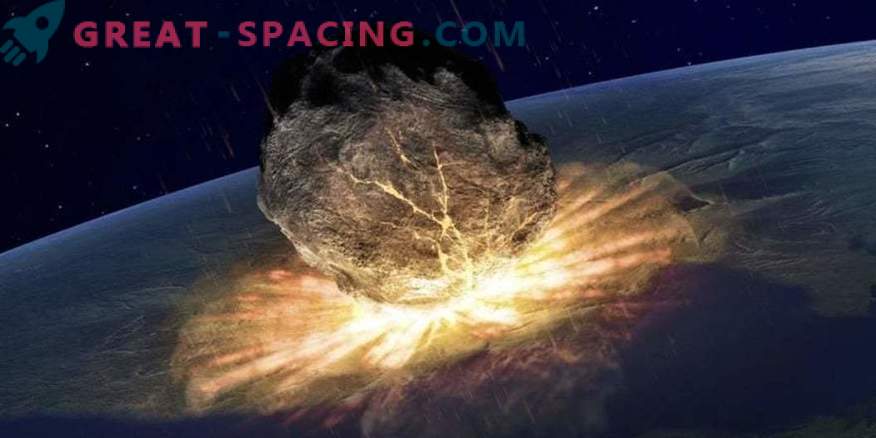
65 million years ago the asteroid's arrival ended with the death of dinosaurs (according to one theory). Therefore, we are accustomed to look a little cautiously at the starry sky, waiting for uninvited space guests. But what happens when a meteorite crashes into the Earth, and what consequences can we expect?
If we are talking about meteorites, then size does matter. Literally every day, our planet is showered with cosmic stones that burn in the atmosphere. Larger events please us with a safe meteor shower or rare cases of fire flashes in the sky.
Space agencies have been tracking near-Earth asteroids (their location and trajectory), so for the next hundred years we don’t seem to be in danger of anything. But let's fantasize a bit, especially since the impressions of the relatively recent events of the Tungussky and Chelyabinsk meteorites are still fresh.
If a meteorite the size of a house had crashed to Earth, the amount of energy emitted could have equated to a bomb dropped on Hiroshima (about 20 kilotons). It would have demolished wooden and reinforced concrete structures with an epicenter of several kilometers. Therefore, the fall in the city can lead to serious casualties.
Large cities may disappear completely due to the fall of a meteorite with the size of a 20-story building (25-50 megatons). If the size is increased to 1.5 km, then the energy release will reach 1 million megatons, which is 10 million times more powerful than the Hiroshima bomb. The consequences will affect millions of square kilometers of territory.
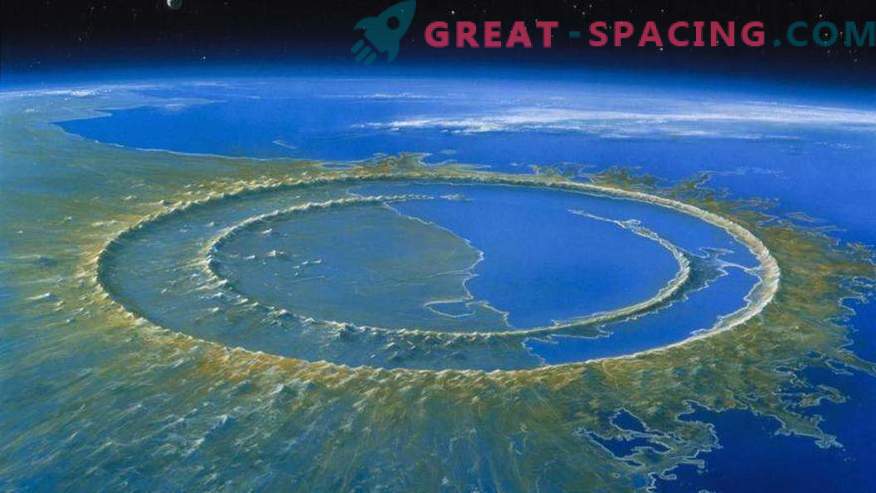
Crater Chicxlub in diameter covers 180 km, and the depth goes to 20 km
Let us increase to 10 km and get an analogue of the Chikzulubskii meteorite, which destroyed dinosaurs. His fall will lead to the formation of a giant crater and climate change. Computer models show that the impact will lift a huge amount of dust and debris into the atmosphere. This haze will become a barrier to the sun's rays, which will lower the temperature and cause another ice age.
In fact, we have been lucky lately, because fallen meteorites, although they were relatively large (almost 20 meters in Chelyabinsk), but they exploded in the air, and did not collide with the Earth. Therefore, broken windows and injured people were hit by the shock wave. There was no direct strike to the town.
Well, we talked about hard surface. And what will happen if a meteorite falls into the water? If you believe Hollywood, then the arrival of a large object will form a giant tsunami wave that will flood the nearest cities or almost half the world! But scientists say that all this is fantasy.
A tsunami does not have to wait exactly because the fall of a meteorite is considered to be a point strike that affects a certain territory. To form a tsunami, you need to break the entire water column. However, researchers believe that the spectacle will still be awesome.
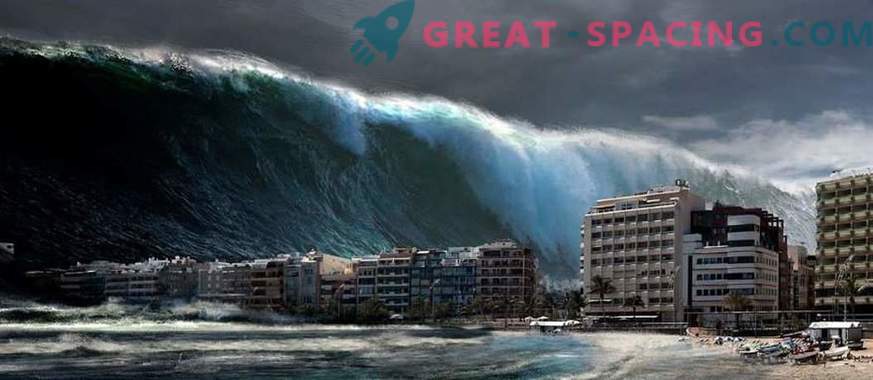
A large meteorite falling into the ocean will create huge splashes with a height of tens of kilometers. Also, the waves will rise, and the rim around the water crater will reach a height of 400 m. However, if you are on the shore, then you will not be in danger. The danger is that the collision will lead to the evaporation of a large amount of water that goes into the stratosphere. Water vapor is a powerful greenhouse gas, so pumping steam into the stratosphere will last for months or years, which will greatly affect the Earth’s climate.
Researchers believe that objects with a size of 300 m and less will not cause much harm when falling into the ocean. Therefore, various strategies are now being considered for redirecting the trajectory of a meteorite into the water, rather than populated areas. However, larger cosmic rocks are better not to let the earth’s atmosphere at all and to get rid of them even in space.




